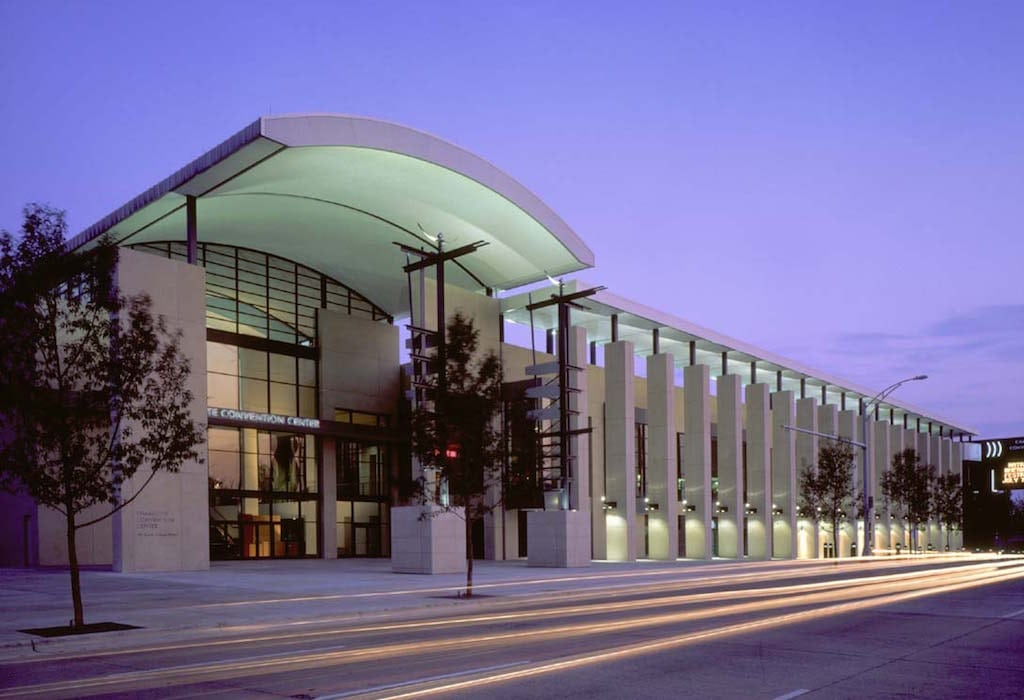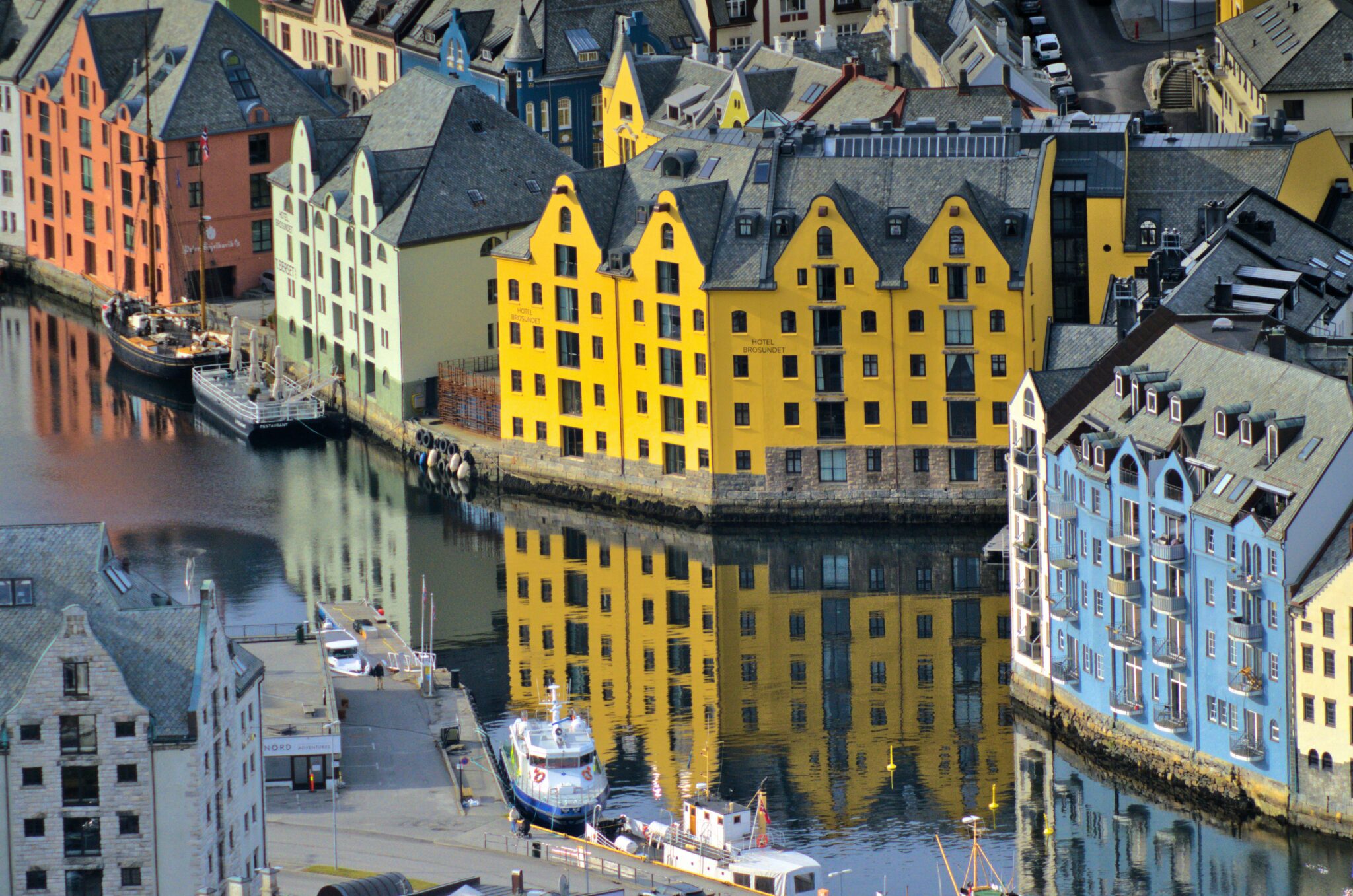Charlotte Already Sees Impact of North Carolina’s Anti-LGBT Bill on Convention Business

Skift Take
The value of a tourism bureau is never more evident than during disasters, both natural and political.
The Charlotte Regional Visitors Authority (CRVA) is presently undergoing the latter.
North Carolina Governor Pat McCrory signed House Bill 2 (HB2) into state law last month, removing certain rights for the LGBT community and preventing cities and municipalities from passing local laws that grant any additional rights. Less than a month later, according to the Charlotte Observer, 13 convention organizers have either cancelled their events or pulled their interest in hosting any meetings in Charlotte.
All of them stated directly that their decisions were based on HB2’s inflammatory and discriminatory anti-LGBT bias.
Meanwhile, companies like PayPal have cancelled plans to expand operations into the state. Fueling the negative publicity nationwide, Bruce Springsteen cancelled a scheduled concert in Greensboro, and there’s a groundswell of calls to move the 2017 NBA All-Star game away from Charlotte.
Professor Brian Clarke, who teaches employment law at the Charlotte School of Law, spoke to a local CBS new affiliate about the legal ramifications of HB2. He said, “It eliminated the ability for employees in North Carolina to file claims under state law for employment discrimination on the basis of race, sex, national origin, color and age. And that’s a right that North Carolina employees have had since 1982… and it’s gone.”
Governor McCrory is considered one of the most vulnerable governors up for re-election this year, and critics say that his support for the bill is an attempt to appeal to his conservative base.
In an effort to stem the convention business losses and bad press, CRVA CEO Tom Murray posted this prepared statement:
“We are extremely concerned about the state legislation in place as we continue to hear negative feedback and potential event cancellations from our customers. Our city has worked incredibly hard to build a thriving visitor economy over the last 20 years, which has welcomed major events and conventions that greatly give back to the city and the state of North Carolina’s economy and overall quality of life. This issue is in danger of setting us back from the progress we’ve made in positioning Charlotte as an attractive, inclusive destination. Our city has long had a track record of creating an environment that not only values diversity, but strongly embraces it. On behalf of the visitor economy that represents one in nine jobs across the Charlotte region, we strongly urge that state and local leaders find a resolution that represents the best interests of our city and state.”
A Word of Advice From Visit Indy
Chris Gahl, VP of marketing at Visit Indy, talked to Skift about how Indianapolis went through a similar political disaster last year.
On March 26, 2015, Indiana’s governor also signed a controversial “Religious Freedom Restoration Act” (RFRA) bill, which was amended seven days later to remove the discriminatory language following robust advocacy efforts from Indiana businesses, non-profit organizations, and local government.
“We salvaged between 80 to 100 conventions due to the amendment passing,” said Gahl. “To a certain extent, destination marketing organizations operate in a world where perception is often reality. I cannot articulate enough that our saving grace was that Indianapolis has had a long-standing ordinance on the books since 2005 protecting all human rights, including those related to sexual orientation and gender identity.”
Gahl outlined three initiatives that Visit Indy implemented last year in an effort to impact the state’s decision to amend the discriminatory bill, and then measure the fall-out to inform Visit Indy’s sales and marketing strategy in 2016.
“First, to be effective, we needed to speak in facts and not fiction,” said Gahl. “Lost convention business means lost state revenue and workforce development, so we had a lot of one-on-one meetings with state officials right away to show them the negative economic impact of RFRA.”
Visit Indy estimates it lost 12 conventions worth $60 million in direct economic infusion into the city since April 2015 due to the legislation.
Second, the CRVA contracted Walker Research in Indianapolis to conduct a nationwide poll with the meetings industry seven months after the RFRA bill was amended. One open-ended question asked respondents if they remembered any recent news about the city, and the specific topic.
Gahl said 58% of those polled wrote “LGBT” or something related, showing a larger than anticipated “ripple effect” of RFRA’s legacy extending for more than half a year past the height of the news cycle.
Third, Visit Indy tracked the media exposure surrounding RFRA directly following the original signing of the bill. In that first month through the end of April 2015, there were over 2,500 negative new stories published, resulting in 500 million negative online impressions.
The North Carolina General Assembly reconvenes on April 25, 2016, at which time lawmakers could propose to repeal HB2.




